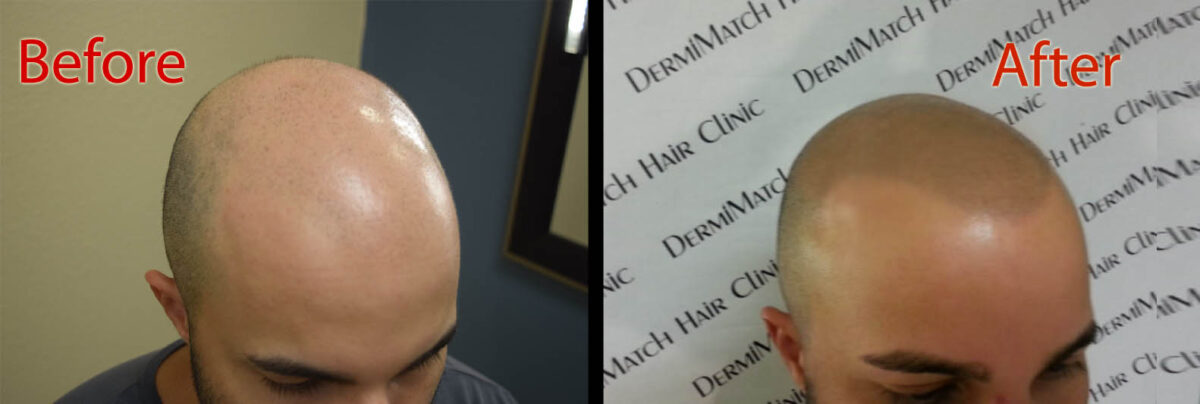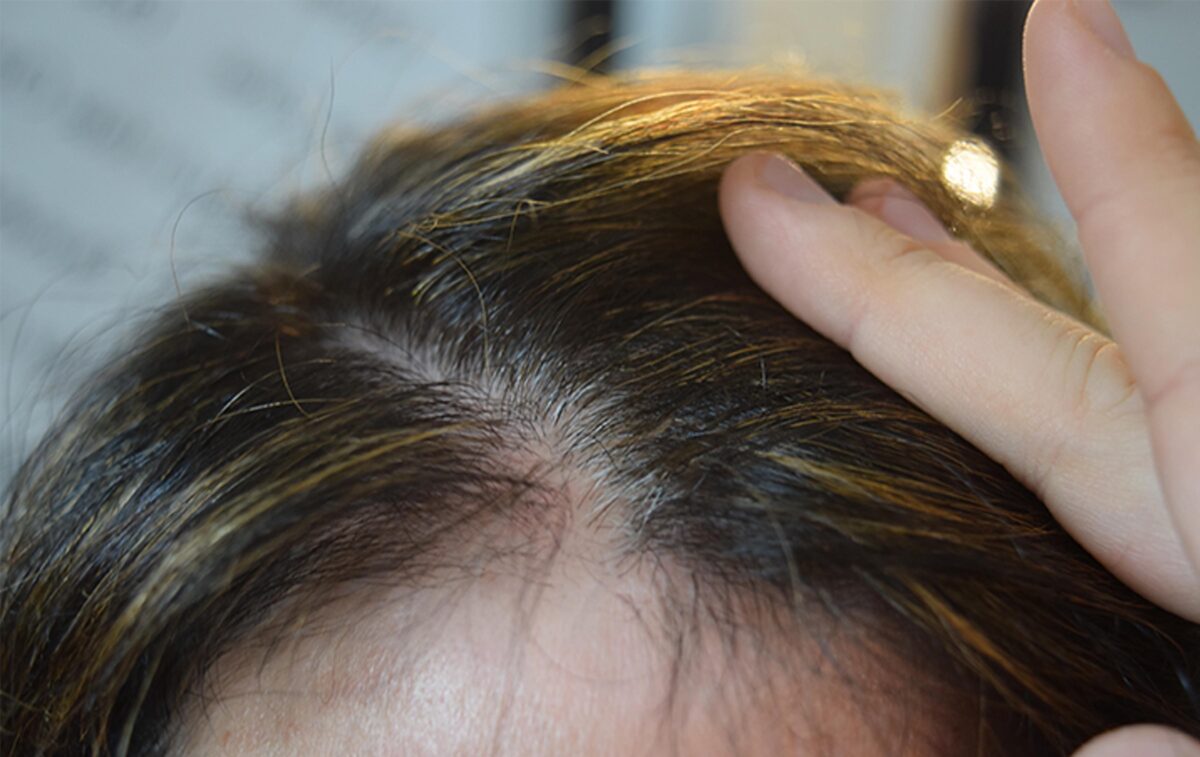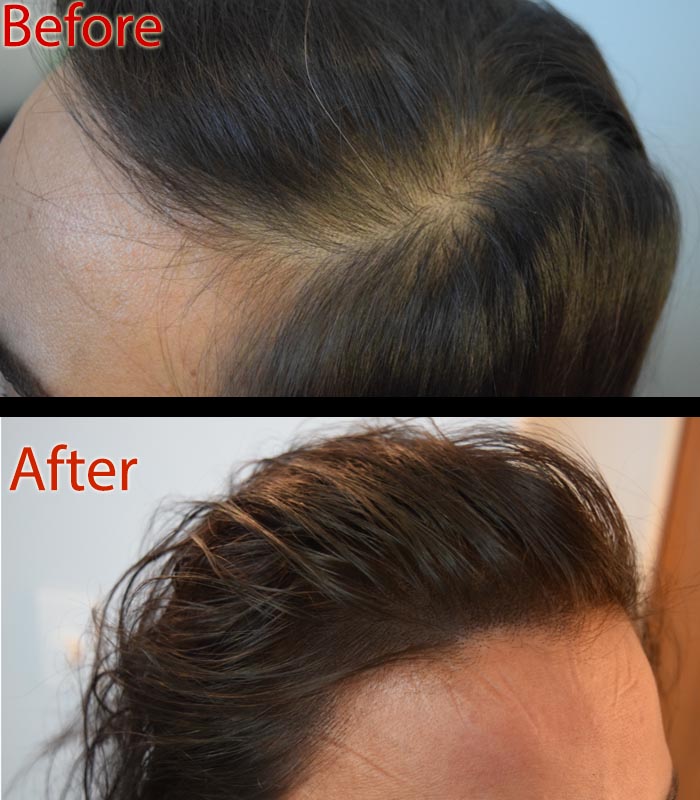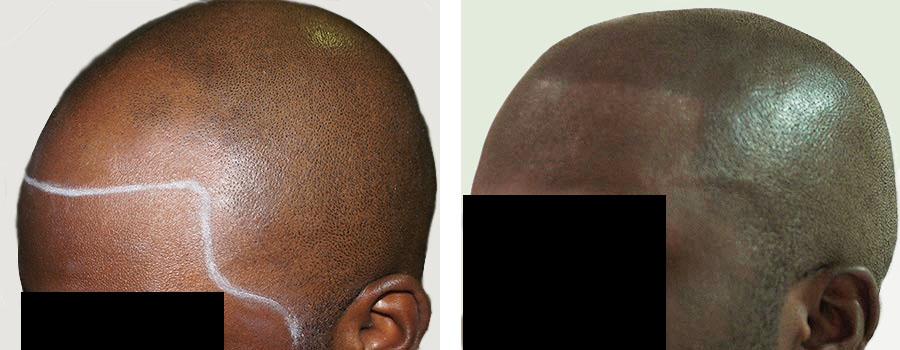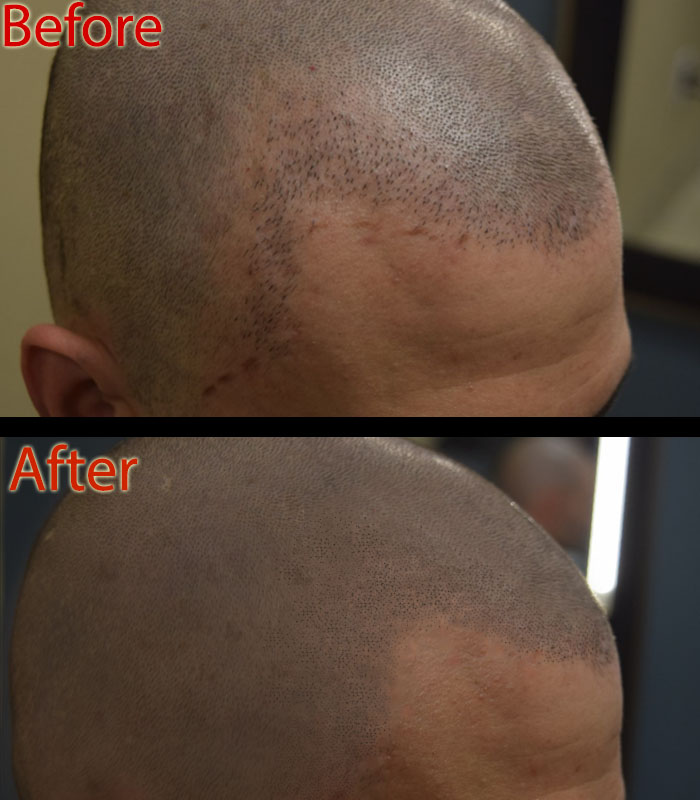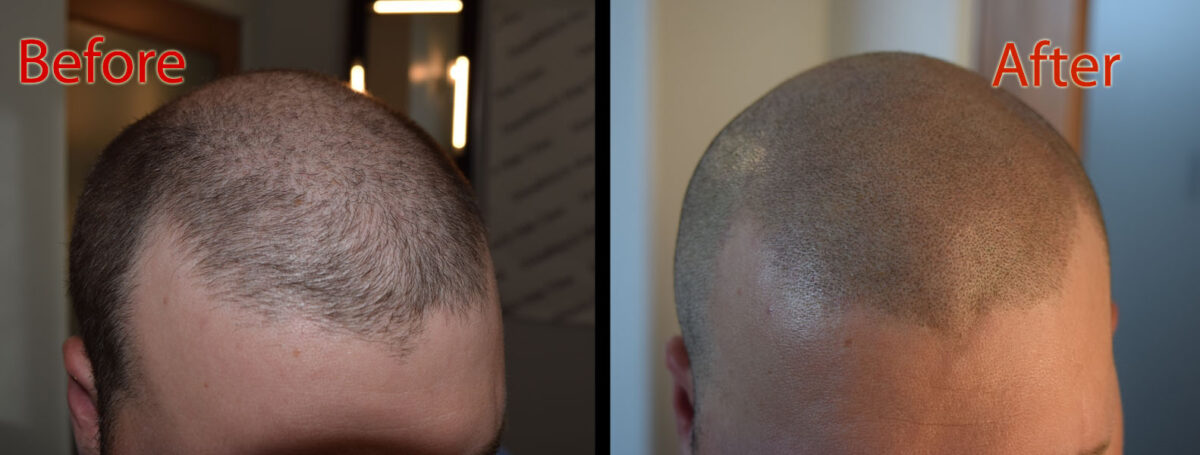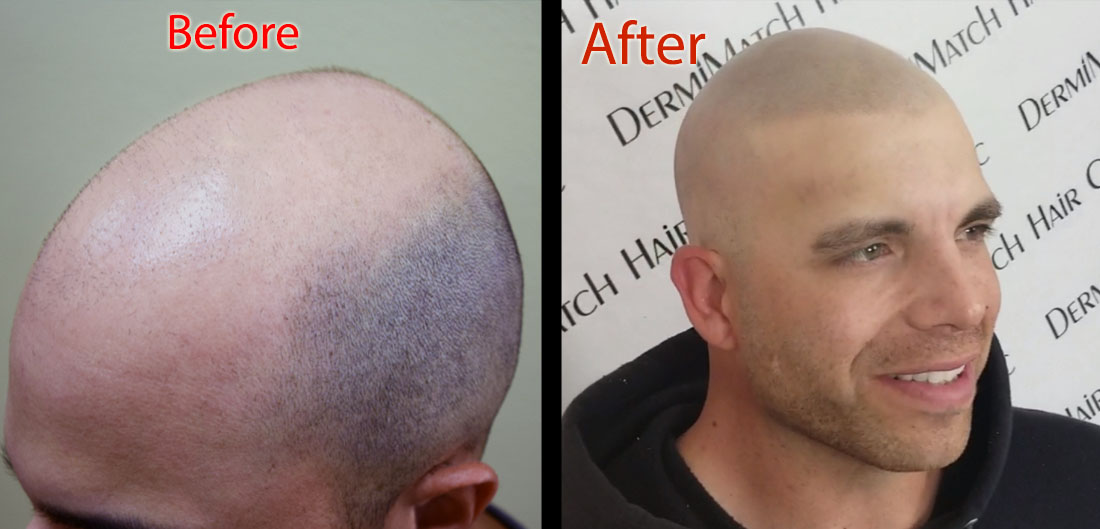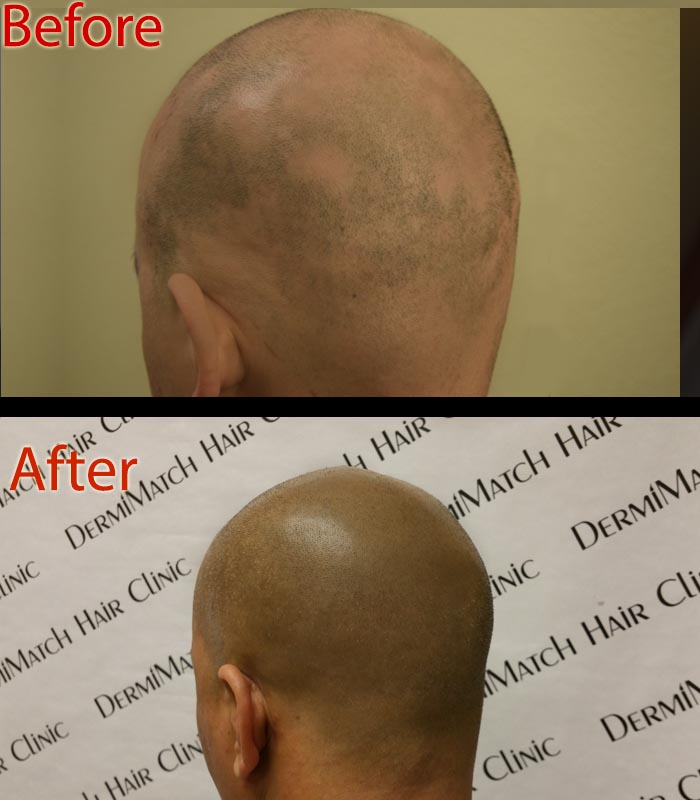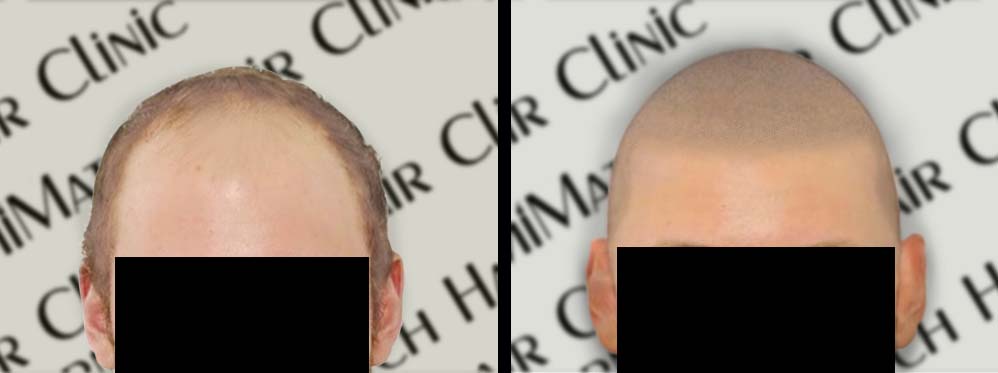Recent research has shed light on the intricate link between insulin resistance and hair health. Insulin resistance is a condition in which cells become less responsive to insulin. This can trigger various metabolic complications, including type 2 diabetes and cardiovascular diseases. If this isn’t enough, insulin resistance and hair health are also connected.
Insulin Resistance and Hair Health Link
Reduced Blood Flow to Hair Follicles
Elevated blood sugar levels linked to insulin resistance can damage small blood vessels, impairing circulation to hair follicles. This limited blood flow hampers the delivery of essential nutrients required for healthy hair growth.
Hormonal Imbalances
Insulin resistance disrupts hormonal balance, often increasing androgen levels. This hormonal shift is a key factor in hair thinning and loss, affecting both men and women.
Studies show that women with insulin resistance markers have a significantly higher risk of developing female androgenetic alopecia.
Factors like waist circumference and elevated insulin levels correlate with the severity of hair loss, highlighting the importance of monitoring these parameters.
Associated Conditions
Certain conditions as polycystic ovarian syndrome (PCOS), frequently linked to insulin resistance, can exacerbate hair loss due to hormonal disruptions. This further underscores the complex interplay between metabolic health and hair loss.
Addressing Hair Loss With Scalp Micropigmentation
Improving metabolic health through lifestyle modifications like a balanced diet, regular exercise, and stress management can help mitigate insulin resistance and its effects on hair health. But these measures may not reverse existing hair loss. This is where scalp micropigmentation emerges as a transformative solution.
SMP is not a solution to the hair loss problem nor can it reverse hair shedding. But it does help hide the visible signs of hair loss.
The non-invasive cosmetic procedure creates the illusion of a fuller scalp by implanting pigment into the skin. It is particularly effective for individuals experiencing hair thinning or loss due to androgenic alopecia or metabolic conditions. Unlike temporary solutions, SMP offers long-lasting results by camouflaging hair loss, thus helping boost confidence and enhance appearance.
Finding the Right SMP Practitioner
Choosing the best SMP practitioner is essential for achieving optimal results. Look for professionals with experience and skills. Check for certifications and a proven track record in performing SMP.
It’s important to note that while some tattoo artists have ventured into performing scalp micropigmentation, this is a concerning trend. SMP is a highly specialized procedure that requires precise training, expertise, an understanding of scalp anatomy, hairline design, and pigment application.
Tattoo artists, although skilled in their craft, often lack the specific knowledge and techniques required for SMP. This can result in unnatural hairlines, uneven pigmentation, and an overall artificial appearance that may be difficult to correct. For safe and realistic results, always choose a certified SMP practitioner with proven experience in the field.
Review before-and-after photos to assess their skills and artistic approach. If they hesitate to show examples of their creations, forget them and look for another scalp artist.
Besides, you must make sure that the clinic adheres to strict hygiene and safety protocols.
By addressing both the underlying metabolic issues and opting for advanced cosmetic solutions like SMP, individuals can take control of their hair health journey and achieve a renewed sense of confidence.
You will find the best Arizona scalp artists at DermiMatch Clinic. They have been practicing scalp micropigmentation for years and delivering results that their client appreciate.

